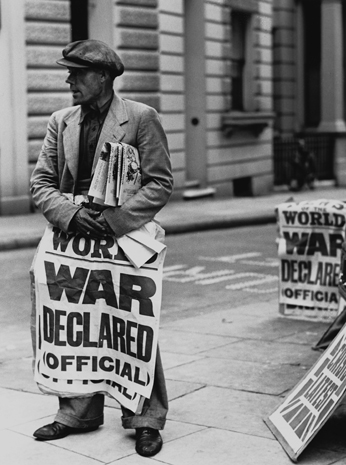 Google is having a quiet word with the mobile-payments company Softcard with a view to buying the outfit.
Google is having a quiet word with the mobile-payments company Softcard with a view to buying the outfit.
The move would link Google with the largest US wireless carriers to battle Apple and its much hyped but mostly ignored Apple Pay service.
The deal may be valued below $100 million, the report said citing sources.
Softcard is jointly owned by AT&T, Verizon Communication, Verizon Wireless and T-Mobile US.
So far it is seen as rumour and speculation and no one is commenting on the record about it. However, if Google does buy the outfit it will give it significant clout in the payment markets. However, at the moment most of the focus is on the bigger retailers coming up with payment systems of their own.
The fear with Google or Apple getting their paws on transaction data is that you can be bothered by advertising based on your buying history, which could be embarrassing if you went to a stripper club once.









